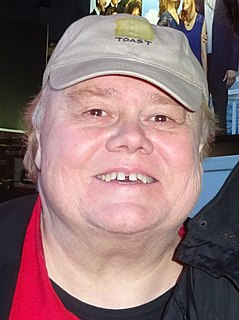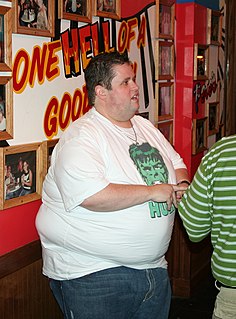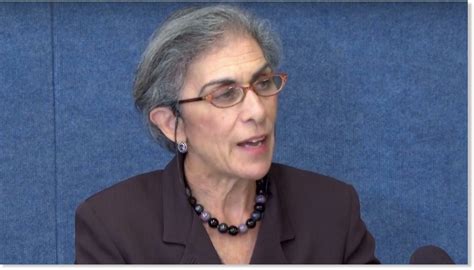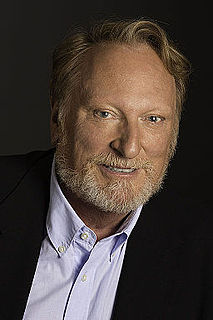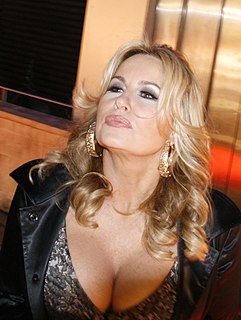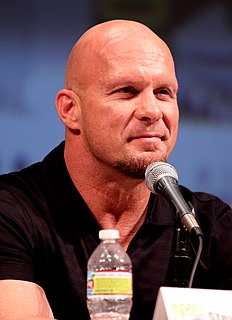A Quote by Christopher Walken
Because if I don't know my lines, I really don't know what I'm doing.
Related Quotes
The only thing I know that makes me feel comfortable is to know as much as I can. Not like what the shots are going to be, but knowing enough about my character that I can forget those things. And more specifically, my lines. I have to know my lines. I have to know something really well, so I can forget it when we're doing it. And there is comfort in knowing, "Okay, there's not another stone that I could have overturned."
We just, you know, we're just sort of doing it like Bewitched, because we just think that the character of Kenny is so specific and so outrageous and so fun. And by far the hardest character to cast out of everybody to find someone who was capable of, you know, doing, you know, the comedy and just with the broadness and to be also just a really brilliant actor, you know, to do naturalism.
I know that the fact that I am candidate to my own succession in 2017 can be perceived to be a bad thing by some part of the public opinion outside Rwanda and I don't mind because I know that I am doing it for a good cause. It really doesn't matter to me that my name is associated to those critics as long as I know that I am doing the will of the people.
Direction is the most invisible part of the theatrical art. It's not like the conductor in the symphony orchestra performance because he's standing in front of you waiving his arms. You now what he's doing. You don't know what the director is doing unless you know a lot about theater and even then you can only deduce it. You know it when you go to rehearsal. You really know it when they are rehearsing something of yours. I learned more in the rehearsals for The Letter than I have ever dreamed of know in the theater as a critic. If it doesn't make me a better critic, I'm an idiot.
You know, people come from cultures all around the world. Many of those cultures, you know, are not terribly successful. You can tell because you go to the countries and they're doing really poorly, and a lot of why they're doing poorly is because of the outlook, mind-set, and behavior of the people.
...making profits is important because it keeps all our people in jobs and, you know, it keeps what we - what we've created going, but, you know, what we're - what I get my - what I'm proud about doing is creating companies which we're really proud of, you know, which we can really be proud of and a byproduct of that hopefully will be that they'll be profitable and be able to pay the bills.








